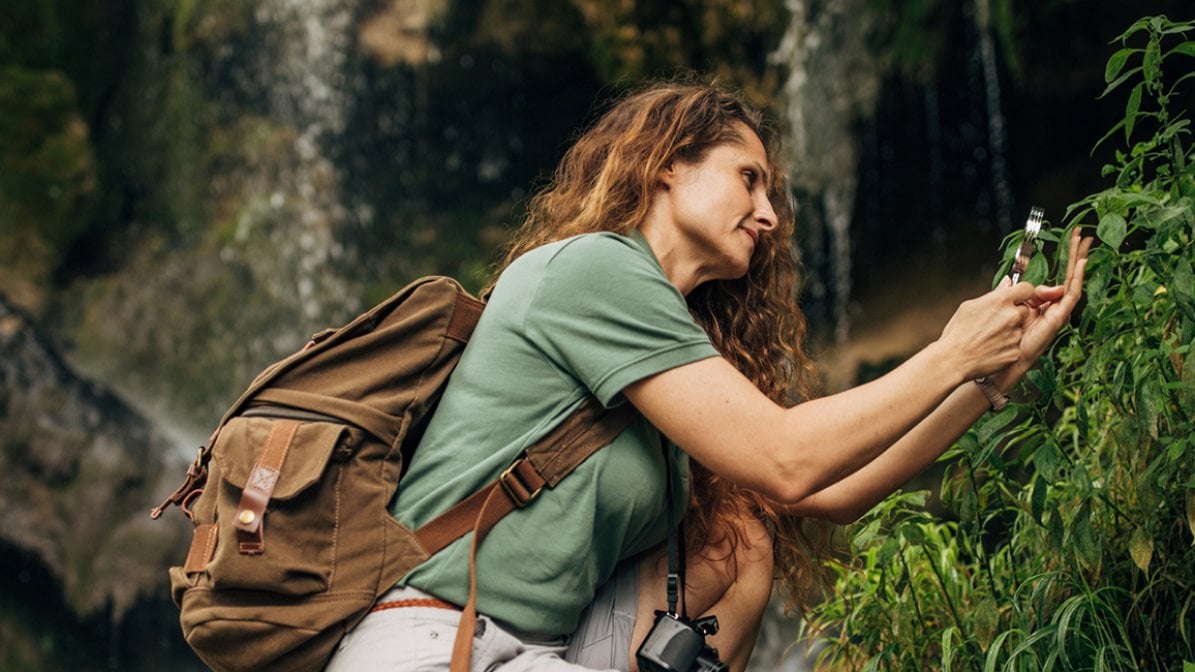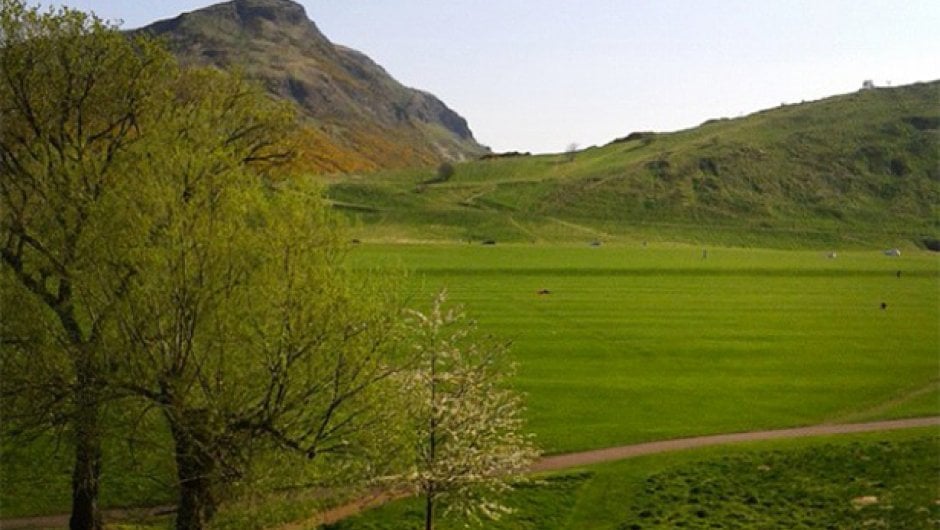Zoology is the scientific understanding of the diverse world of animals, providing an exploration of their behaviour, physiology, and ecological roles.
Graduates in zoology find themselves well-equipped for a range of rewarding careers, including wildlife biologist, conservationist, zookeeper, or marine biologist. As well as working directly with animals, there are also opportunities in research, environmental consulting, and policy development.
Zoology allows for specialisation in areas such as animal behaviour, ecology, or genetics, developing a versatile skill set that aligns with the growing demand for expertise in biodiversity conservation and sustainable resource management. With the global emphasis on wildlife preservation, studying zoology not only opens doors to rewarding work but also the chance to champion our planet's rich biological heritage.
The impact you could make
- Be involved in the development of policies and regulations related to wildlife conservation, land management, and environmental protection.
- Contribute to scientific advancements that lead to discoveries about animal behaviour.
- Implement strategies for the recovery of threatened or injured animals.
- Extinction and evolution
- The psychology of primates
- Laboratory skills
- Genes and cellular control
- Marine biology
- Animal behaviour
- Disease, immunity, and parasites
- Patterns of life and evolution
Chat to a current zoology student
Chat to a current zoology student using UniBuddy.
Some conversation starters for you:
- Ask which modules they really enjoyed.
- Find out how easy it was for them to make friends on their course.
- Do they have any tips on your personal statement?
- Did they do anything to prep for uni before they went?
- Are there books, podcasts or YouTube channels they would recommend?
Example assignment
Example module
Subjects it's useful to have studied first
Some zoology courses or apprenticeships will have requirements for previous qualifications in certain subjects. Entry requirements vary, so always check with the provider.
Biology
Chemistry
Maths
Physics
Hard skills you'll develop
- Fieldwork methods, including capturing, handling, and studying animals in their natural habitats
- Learn laboratory procedures for studying animal specimens
- Develop and use ecological models to simulate and predict ecosystem processes
- Understanding of animal physiology
Soft skills you'll develop
- Observational skills
- Environmental awareness
- Persistence and patience
- Empathy and compassion
73% of students
Careers: Where it can take you
Find out more about your career prospects from studying zoology. The following information is based on a typical conservation professional role.
Available jobs
Average salary
Career options
Conservation
Animal care

What is a… nature reserve warden?
A nature reserve warden is in charge of our protected areas. With a deep passion for conservation, they oversee the ecological balance within the reserve, ensuring the health of habitats and the preservation of diverse wildlife species. Their role varies, from monitoring wildlife populations and managing habitats to educating visitors about the importance of conservation.
Balancing between human recreation and environmental preservation, nature reserve wardens enforce regulations, maintain infrastructure, and encourage community engagement. Their commitment extends to emergency response and collaboration with researchers, contributing to a holistic approach in safeguarding the beauty and biodiversity of our precious natural spaces, whether close to home or abroad.

Find your ideal career
Take our careers quiz to find your ideal job matched to your personality type.Getting in: Entry requirements
Find out more about what you'll need to study zoology at university or as an apprenticeship.
Average requirements for undergraduate degrees
Entry requirements differ between university and course, but this should give you a guide to what is usually expected from zoology applicants.
A levels
Scottish Highers
Vocational

Agriculture, environmental, and animal care apprenticeships
Check out our industry guide to help you decide if an apprenticeship might be the right choice for you.Other subjects you may be interested in
Considering an apprenticeship?
Applying for an apprenticeship is just like applying for a normal job. Here’s what you need to know:
-
1
Deadline
Apprenticeships don't follow the same deadlines as applying to uni, the deadline is down to the employer. -
2
Where to apply
You apply directly through the employer. -
3
No limits
You're not restricted to one apprenticeship application; you can do as many as you like. -
4
Apply to university and apprenticeships
There's nothing stopping you applying to university through UCAS, while also applying for apprenticeship vacancies. -
5
Find out more

Apprenticeship vacancies
Check out live apprenticeship vacancies.Explore further
Go deeper into topics around zoology with the following:
-
1
ZSL’s Wild Science podcast
Find out more about ZSL’s Institute of Zoology’s conservation work, from restoring ecosystems to protecting critical species. -
2
TED Talks - Earth, Appreciated
Watch this inspirational playlist of TED Talks, featuring experts across sustainability, climate change, resources, and the interaction between humans and our habitat.
-
3
BBC2 Natural World
A documentary which tells in-depth stories of incredible animals, featuring award-winning photography in some of the most extraordinary places in the world.
Application advice
Whether it's personal statement tips or what to write in a cover letter for an apprenticeship application, our advice will help you get ahead in your zoology journey.Skills, experiences, and interests to mention
- Highlight any experiences that demonstrate your keen observation skills, such as observing animal behaviour in the wild, volunteering at a local zoo, or conducting independent wildlife studies.
- Do you have any research experience, whether in a formal academic setting or through personal projects?
- What specific aspects of zoology intrigue you and why are you drawn to studying it?
- Zoologists often need to convey complex scientific ideas, so talk about experiences that demonstrate your ability to communicate effectively.
- If you have any volunteer experience related to zoology, make sure you mention it.

Personal statement guide
We asked admissions tutors to share their dos and don’ts for writing a strong and engaging zoology personal statement. Here's what they told us.









